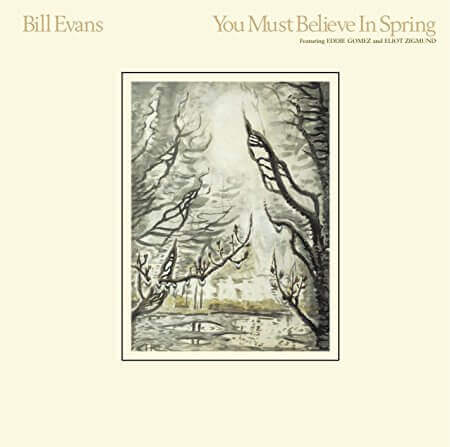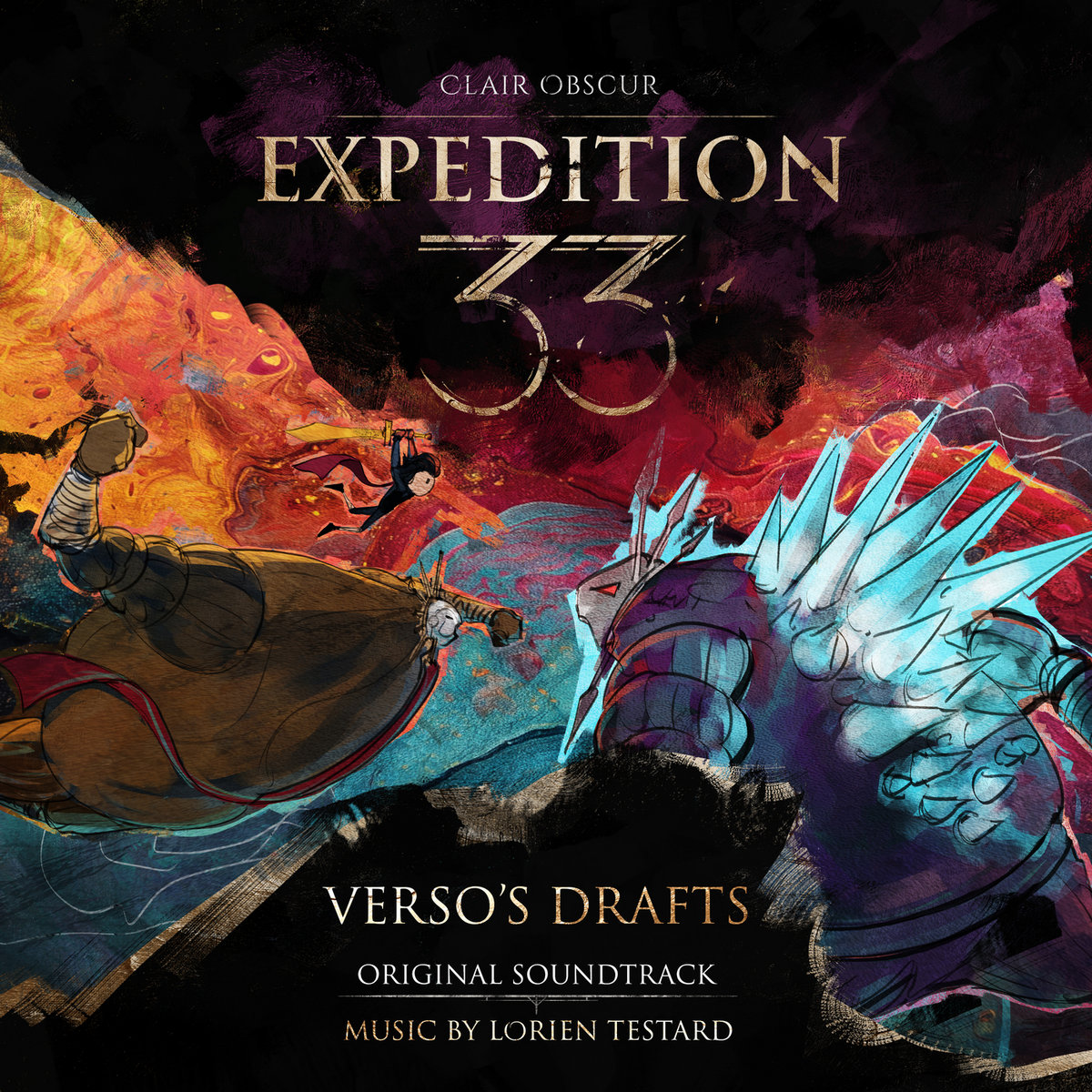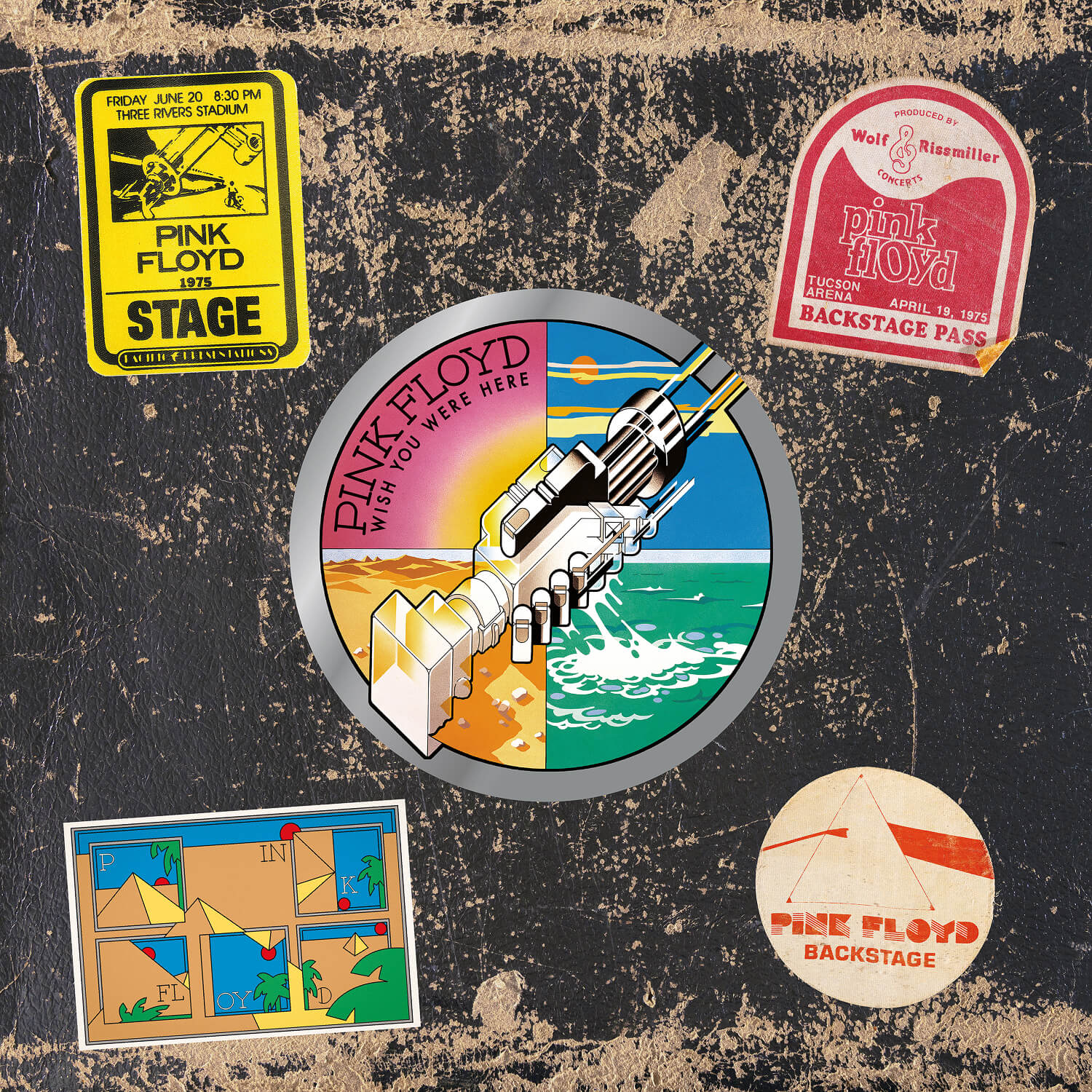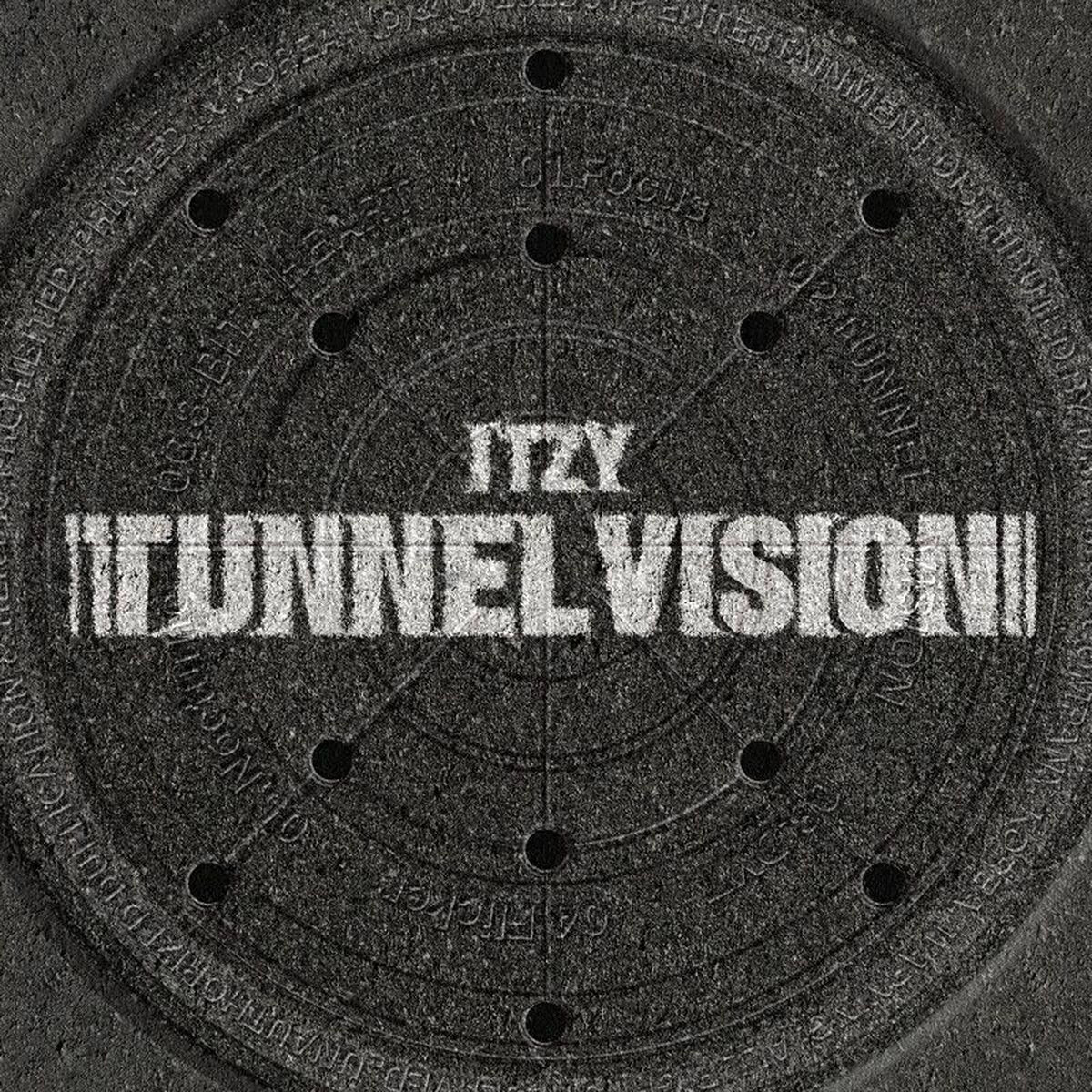One of the first jazz records I heard in my life was Bill Evans’ You Must Believe in Spring. I always find myself going back to it, and I’ll probably continue to do so.
This is a very unique record. It was made by one of the most celebrated jazz pianists in history, with a jazz sound, and played by a classic jazz trio, but don’t expect to hear the band going full-on jazz mode (like on a lot of Bill Evans’ records) with all that extended improvisation jams and the like. No, here you’ll get one of the softest, saddest, but most beautiful and haunting jazz recordings ever made. The pieces are for the most part made up of slow tempo progressions, with the whole band playing them with a mellow and soft touch, with some delicate and moving piano melodies over them.
You Must Believe in Spring was actually recorded just after Evans’ brother took his own life, and the theme of melancholy and longing for his lost brother comes throughout the whole record. I swear you can hear Evans’ sadness in every note he plays.
Even if you compare the pieces included here to other slow tempo Evans’ performances, I personally think that his playing doesn’t sound as sad or affected as it sounds here.
This album was originally released in 1981 (a year after Bill Evans’ own death). It was reissued in 2003 with 3 additional more up-tempo pieces (“Without a Song”, “Freddy Freeloader”, and “All of You”) Here you can hear a bit of the classic Bill Evans’ full-on jazz jamming mode, including solo spots for the drums and the bass. But I think those tracks feel almost like some kind of restricted jams, permeated by the sadness theme of the recording sessions. The dynamics are never that loud, nor the tempos that fast, and pretty soon the band find themselves going back to the soft and gloomy mood.
When hearing these faster pieces, I wonder if maybe it was bassist extraordinaire Eddie Gomez and Drummer Elliot Zigmund who were pushing Bill Evans for that more up-tempo jams, with Evans not really being in the mood for them, always trying to bring the band back down. I guess there’s a good reason these pieces weren’t included in the original release, even if Evans had already passed away at the time. For starters those tracks bring a big contrast to the preceding ones.
The sound of the record is very good. All the instruments have a lot of clarity and warmth. You can hear some tape hiss but to me this adds a nice feeling to the overall sound.
Anyway, I hope that you give this album a chance if you don’t know it. For me it was the gateway to the rest of the great music by Bill Evans.






